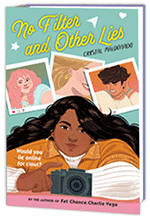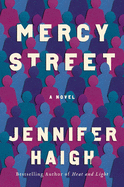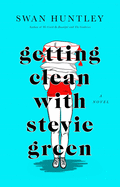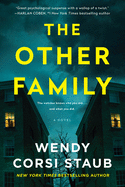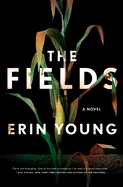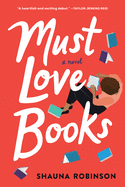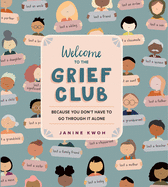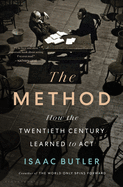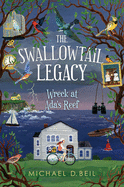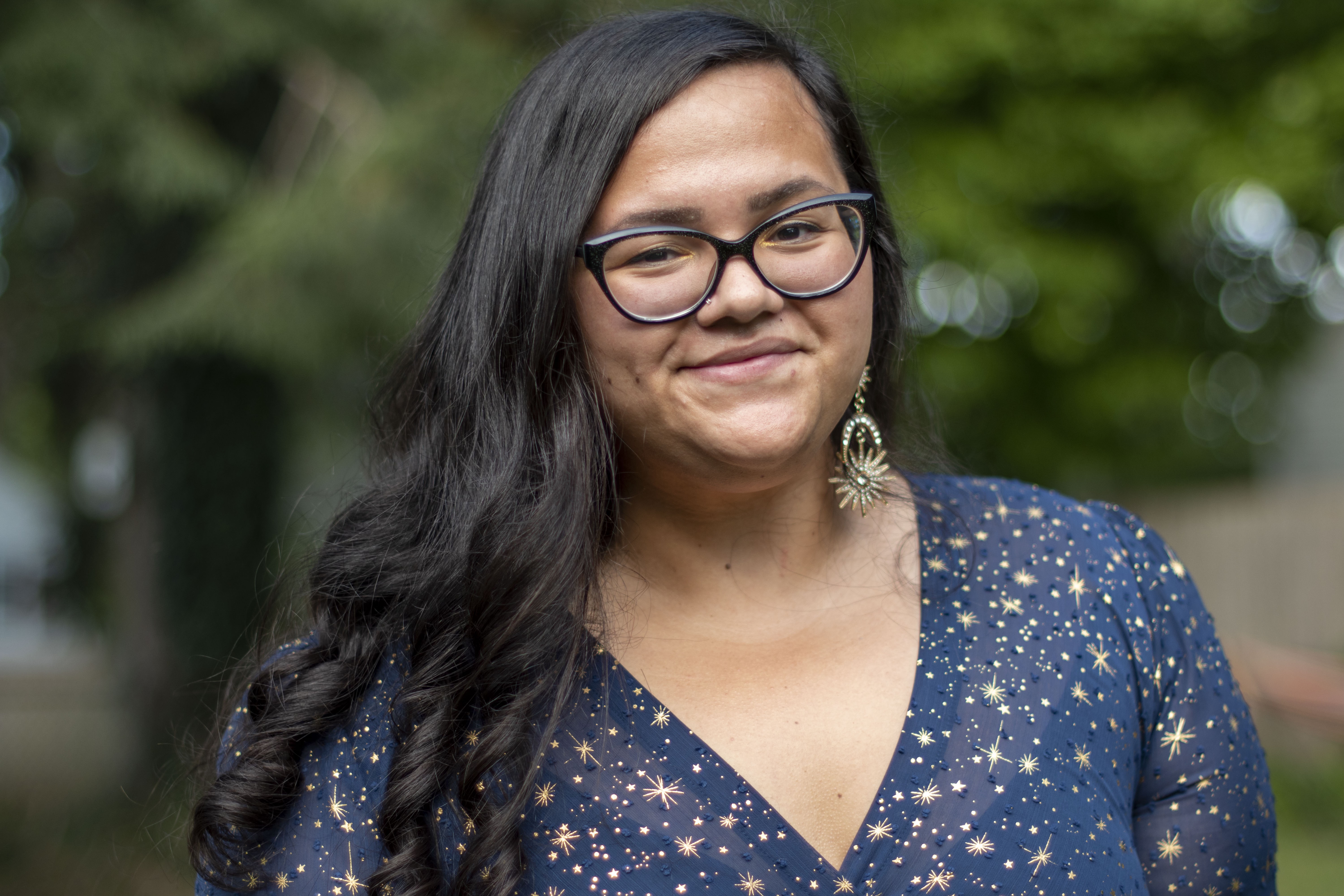
Crystal Maldonado writes inclusive YA stories about fat brown girls. Her debut novel, Fat Chance, Charlie Vega, is a 2021 New England Book Award winner, a Cosmopolitan Best New Book and a PopSugar Best New YA Novel. Her work has been published in Latina, BuzzFeed and the Hartford Courant. Maldonado lives in western Massachusetts with her husband, daughter and dog. No Filter and Other Lies (Holiday House, February 8, 2022), her second YA novel, explores teenage life in the social media age--and the lies we tell ourselves and others.
Kat scrolls through Instagram and obsesses over strangers' "perfect" accounts. How did you make this feel so real, and how does it affect Kat?
Kat's obsession with her seemingly perfect Instagram feed is something that feels very real to me. I know I've been guilty of falling down the rabbit hole on my own social media feeds. I've looked up from my phone feeling worse than ever before because I've been bombarded by beautiful people living seemingly flawless lives. It can be difficult to keep things in perspective when we are seeing the highlight reels of the lives of everyone we follow. We compare ourselves to that, even though sometimes the images aren't even real! I think it's even more difficult when you're a teenager, and it might feel like everyone is hanging out without you or that everyone has everything figured out.
Though she suspects her lack of Instagram followers is partially due to her being fat, Kat never once wishes she could change her body. Why was it so important for you to portray a teen girl who wasn't trying to change her body?
I wanted Kat to be a fat girl who was okay with her body because I think there's great power in that. There is strength in saying, "I know I don't fit in with society's expectations, and that's okay." For many fat readers, they've rarely had a chance to see a main character who wasn't wholly consumed by thoughts about their body. I wanted to make this story about a person who happens to be fat rather than a person who is learning to love their body. Both stories are valid and important, but it was nice to focus on this messy, complicated girl and have her fatness be one trait of many.
Why does Kat start a fake Instagram when her worst fear is people thinking she's fake?
Although Kat wants to seem authentic, her desire for acceptance drives her. She's both disappointed by her hypothesis (essentially, if she were a thin, attractive white girl, she would get more attention and appreciation) being true and enamored by it. Finally, as this fake person, she gets the dizzying affection she's wanted.
The solution to Kat's problem might seem easy: delete the fake Instagram account. Why can't she bring herself to do that?
From that first day, Kat is totally addicted to the high that comes with this fake life she's created. I think we all know the thrill of getting a new like or comment on our social media posts, and this new account seems to open a whole new world of possibility for her. Even though the likes aren't really for her, she is able to rationalize in her head that she's deserving of them because they're her photos and because she writes the captions. We're often reluctant to admit that we like attention and connection, but it's such a natural need. For the first time, this girl who has felt unloved and powerless has both of those things. It's hard for her to say goodbye to that.
Another struggle Kat battles is being "too brown" for Instagram but seemingly not Puerto Rican enough for her friend. Why was this important to you to include?
I wanted to show this duality of being Latina. Like Kat, I am Puerto Rican and have often felt like I was "too brown" for many white spaces while simultaneously being "too white" for Puerto Rican spaces. Some of that was certainly self-imposed, as I've been concerned that my inability to speak Spanish or my interests in artists like Harry Styles makes me seem out of place. It took me a long time to realize that these experiences don't take away from my Latina identity and instead are part of what makes the Latinx experience so rich, diverse and beautiful.
Cash, the three-legged pit bull that no one will adopt, has such a touching subplot, one that seems to parallel Kat's own struggles. What drove you to include Cash?
When I initially started writing Cash into the story, I had just wanted to write about how dogs are the best and they deserve all the belly rubs. Then, I started to see similarities between Cash and Kat--two beings who feel a little rejected from the world--and they develop this very sweet connection and mutual understanding. Pets have such a magical way of coming into our lives exactly when we need them, and I like to think of Cash and Kat's relationship in that way.
What would you like teens who relate to Kat to take away from her story?
Social media should be fun, and if it's making you feel negative about yourself in any way, it's time to do something about it: uninstall the apps, curate your feed by unfollowing or muting accounts that bring out those bad feelings, take a break, go for a walk, whatever.
I also wanted to share that there's some normalcy to feeling uncomfortable in your skin, like Kat does, at certain parts of your life. The best thing you can do is to try to find things that make you feel good about yourself. Find people who really get and appreciate you, do things that make you feel happy and whole and try to become your own friend. If you can learn to give yourself the empathy and grace that you extend to the people you care about most, you'll realize you're pretty wonderful.
What was writing your sophomore novel like compared to writing your debut?
My terror of writing this book was on another level. With Fat Chance, Charlie Vega, it was pretty much all sunshine and rainbows because I had no idea what to expect, and then people embraced Charlie and her story with such kindness and warmth that it felt like a dream. I was (and am!) so nervous to share this book with the world because it's so different from my debut. I worry people might be disappointed in Kat and her decisions. But I think hers is such a human and important story to tell, and I hope there is room in everyone's heart for Charlie and for Kat, too. I think they would even be friends. --Samantha Zaboski
_102021.jpg)
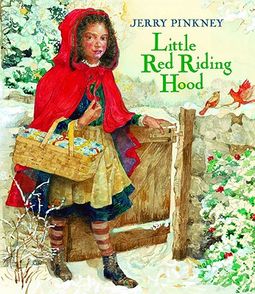 Pinkney's retellings of Little Red Riding Hood (Little, Brown, $19.99) and The Little Mermaid (Little, Brown, $18.99) placed Black children in the starring roles. He reinterpreted The Lion and the Mouse (Little, Brown, $18.99)--for which he won the 2010 Caldecott Medal--as a wordless story of compassion, in which a mouse frees the mighty lion in return for his act of mercy.
Pinkney's retellings of Little Red Riding Hood (Little, Brown, $19.99) and The Little Mermaid (Little, Brown, $18.99) placed Black children in the starring roles. He reinterpreted The Lion and the Mouse (Little, Brown, $18.99)--for which he won the 2010 Caldecott Medal--as a wordless story of compassion, in which a mouse frees the mighty lion in return for his act of mercy. 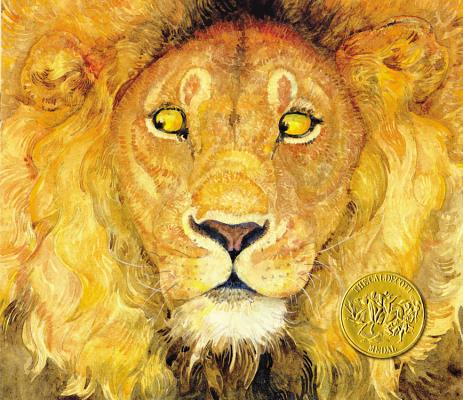 "No act of kindness goes unrewarded," Pinkney explained in his Caldecott acceptance speech. "The story represents a world of neighbors helping neighbors."
"No act of kindness goes unrewarded," Pinkney explained in his Caldecott acceptance speech. "The story represents a world of neighbors helping neighbors."


